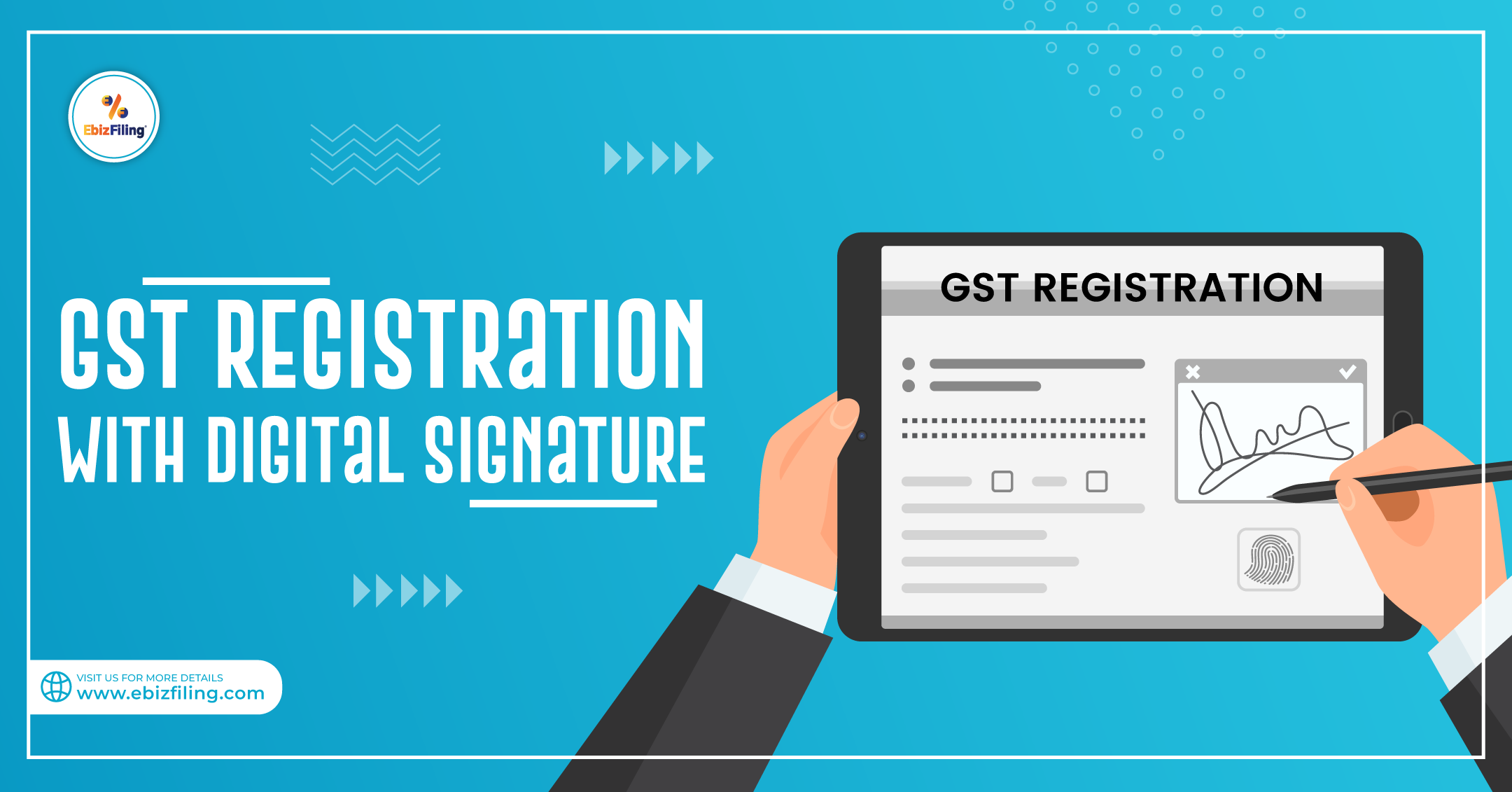Maximize Your Savings with the most effective GST Registration Services in Singapore
Maximize Your Savings with the most effective GST Registration Services in Singapore
Blog Article
Throughout: The Ultimate Roadmap to GST Registration for Organizations Seeking Financial Stability
Navigating the intricacies of Product and Solutions Tax (GST) registration is a vital step for businesses pursuing monetary stability. From understanding the essential principles of GST to following post-registration guidelines, the process can seem intimidating initially glimpse. However, damaging down the roadmap right into convenient actions can enhance the registration journey for organizations looking to enhance their financial standing. Let's explore the crucial elements that make up this ultimate roadmap and uncover exactly how each phase adds to laying a solid structure for monetary success.
Understanding GST Essentials
Looking into the essential principles of Item and Solutions Tax Obligation (GST) is necessary for gaining a thorough understanding of its implications on organizations and the economy. GST is a value-added tax levied on the majority of products and solutions for residential usage. It has replaced numerous indirect taxes that existed in the pre-GST era, simplifying the tax obligation framework and boosting convenience of doing organization in India. Under the GST system, both goods and solutions are strained at a details rate, which is established based upon their classification. If their yearly turnover goes beyond the threshold limit established by the federal government, organizations are called for to register for GST. Input Tax Obligation Credit History (ITC) is a significant feature of GST, permitting services to claim credit for taxes paid on inputs, decreasing the overall tax obligation concern. Understanding the basics of GST is essential for services to follow tax obligation regulations, handle their financial resources successfully, and add to the country's economic development by taking part in a transparent tax system.
Qualification Standards for Enrollment
To register for GST, companies must fulfill particular eligibility standards established by the government. The key eligibility demand is that any company associated with the supply of products or solutions with an annual aggregate turn over above the threshold restriction established by the authorities must sign up for GST. As of the existing policies, the threshold limitation for GST registration is an annual aggregate turn over of 40 lakhs for services running within a state, with the exception of special category states where the restriction is 20 lakhs. Additionally, certain organizations are needed to register for GST regardless of their turn over, such as interstate distributors, casual taxable individuals, and organizations reliant pay tax obligation under the reverse cost system. It is critical for companies to completely analyze their turnover and transaction types to identify their GST registration obligations accurately. Failing to register for GST when eligible can cause charges and lawful effects, making it crucial for companies to follow the specified qualification criteria.
Files Required for Enrollment
Having actually fulfilled the eligibility criteria for GST enrollment, companies have to now guarantee they have the requisite files in place to continue with the enrollment procedure efficiently. The papers required for GST registration usually consist of proof of service constitution, such as partnership action, enrollment certification, or incorporation certificate for various kinds of services. Additionally, businesses need to provide files developing the primary area of service, such as a rental arrangement or electrical power bill.
Step-by-Step Enrollment Process
Beginning the GST enrollment procedure includes a collection of organized actions to make sure a smooth and certified enrollment for businesses. The initial step is to see the GST portal and submit the registration type with exact information of business entity. Following this, the applicant obtains a Momentary Reference Number (TRN) which is utilized to return to the application procedure if it's not finished in one go.
Next, all required documents as per the list provided by the GST portal demand to be uploaded. These records generally include proof of business address, identification and enrollment evidence of marketers, economic statements, and business entity's frying pan card.

Post-Registration Conformity Guidelines

Verdict
Finally, companies looking for monetary security needs to recognize the essentials of GST, meet qualification requirements, collect essential papers, adhere to the step-by-step registration procedure, and follow post-registration standards - Best GST registration services in Singapore. By adhering to these actions, companies can make certain compliance with tax laws and keep financial stability in the future
In addition, particular businesses are called for to sign up for GST regardless of their turnover, such as interstate suppliers, laid-back taxed persons, and organizations responsible to pay tax obligation under the reverse fee device.Having fulfilled the eligibility standards for GST registration, businesses have to now ensure they have the requisite files in location to proceed with read this the registration process efficiently. The documents needed for GST registration normally consist of evidence of service constitution, such as partnership act, enrollment certification, or consolidation certification for different kinds of businesses. Additionally, organizations require click here for more to give documents establishing the primary area of business, such as a rental agreement or electrical power expense.Starting the GST enrollment procedure entails a collection of structured actions to ensure a seamless and certified registration for businesses.
Report this page